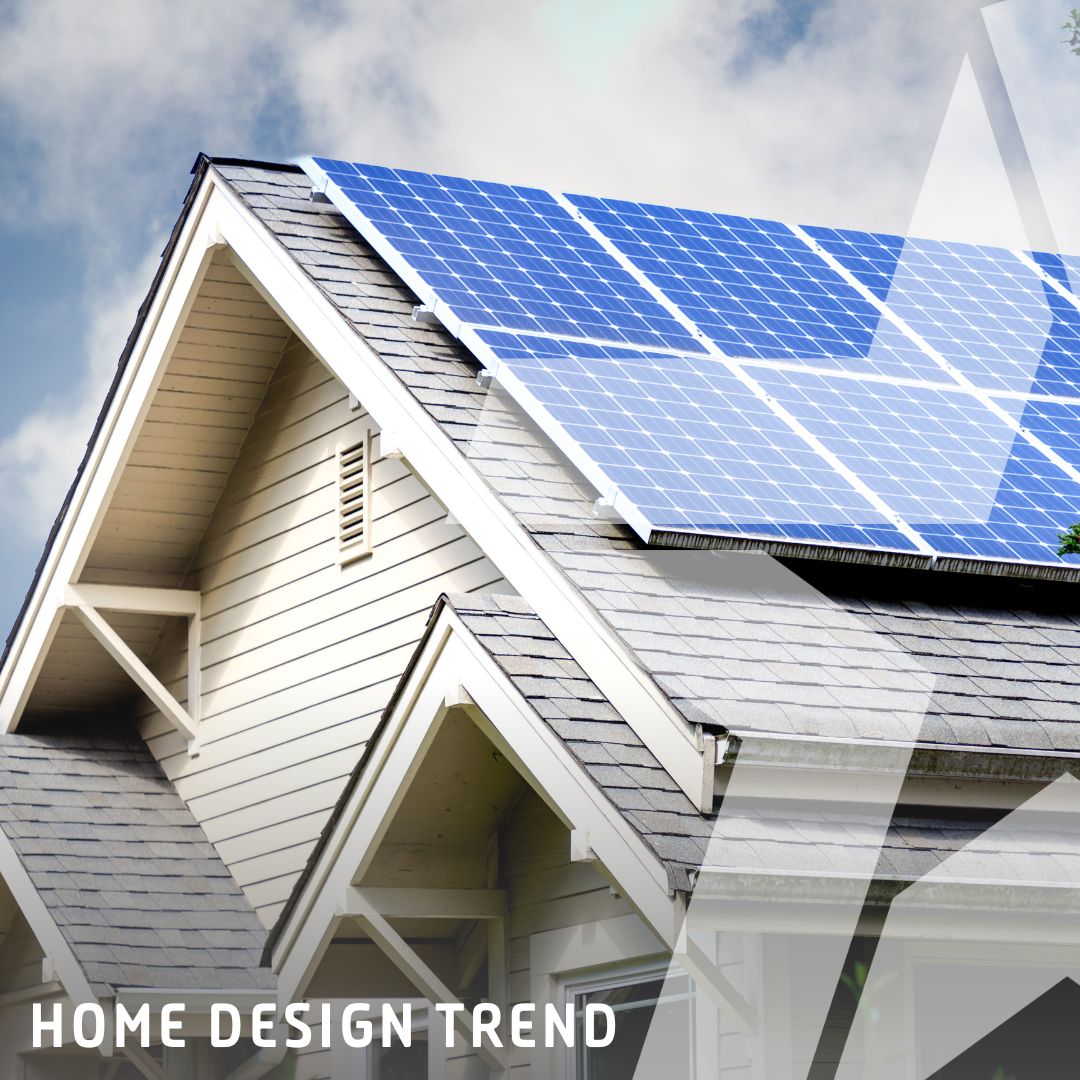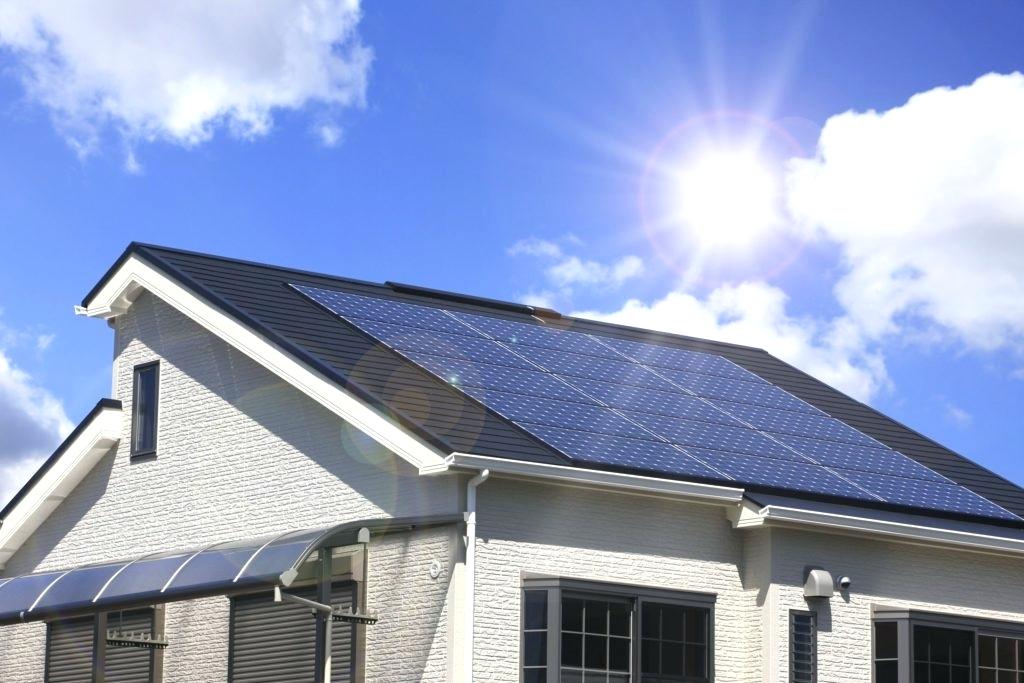
Solar Energy for Home: Clean Power Solutions
Harnessing the power of the sun for your home not only reduces your environmental impact but also offers a sustainable and cost-effective energy solution. Explore the benefits and considerations of adopting solar energy for your home.
1. The Rise of Solar Energy for Homes
Solar energy has become increasingly popular for residential use. The advancement of technology and the decreasing cost of solar panels have made it more accessible for homeowners. Embracing solar energy for your home is a proactive step towards a cleaner and more sustainable energy future.
2. Cost Savings and Financial Benefits
One of the primary attractions of solar energy for homes is the potential for significant cost savings. While the initial investment in solar panels and installation may seem substantial, the long-term financial benefits far outweigh the upfront costs. Reduced electricity bills and potential incentives contribute to a compelling financial case for solar adoption.
3. Environmental Impact and Sustainability
Choosing solar energy for your home is a conscious decision to reduce your carbon footprint. Solar power is a clean and renewable energy source that produces minimal greenhouse gas emissions. By generating electricity from sunlight, you contribute to a healthier planet and a more sustainable future for generations to come.
4. Off-Grid Capability and Energy Independence
Solar energy systems can provide off-grid capability, offering homeowners energy independence. With the integration of energy storage solutions, excess energy generated during sunny periods can be stored for use during cloudy days or at night. This level of self-sufficiency adds resilience to your home’s energy supply.
5. Net Metering and Selling Excess Energy
Many regions offer net metering programs, allowing homeowners to sell excess energy back to the grid. This not only offsets the cost of electricity but also contributes to the overall grid’s energy mix. Being a prosumer, both a consumer and a producer of energy, adds another layer of benefit to adopting solar energy for your home.
6. Technological Advances in Solar Panels
Advancements in solar panel technology have increased efficiency and reduced the overall cost. Modern solar panels are more durable, efficient, and aesthetically pleasing. As technology evolves, homeowners can benefit from improved performance and enhanced integration into various architectural designs.
7. Government Incentives and Tax Credits
Governments worldwide recognize the importance of transitioning to renewable energy sources and often provide incentives to homeowners. These incentives may come in the form of tax credits, rebates, or grants, making the adoption of solar energy for your home more financially feasible and attractive.
8. Considerations for Homeowners
Before transitioning to solar energy, homeowners should consider various factors. These include the geographical location, the amount of sunlight the property receives, the available roof space, and local regulations. Conducting a thorough assessment ensures optimal system design and performance.
9. Professional Installation and Maintenance
While solar panels are designed for durability, professional installation and regular maintenance are essential for optimal performance. Engaging certified installers ensures proper setup and adherence to safety standards. Regular maintenance checks help identify and address any issues promptly.
10. Solar Energy for Home: A Sustainable Investment
In conclusion, adopting solar energy for your home is more than a technological upgrade; it’s a sustainable investment in the future. The benefits, ranging from financial savings to environmental stewardship, make solar adoption an attractive and responsible choice. Explore the possibilities of Solar Energy for Home at solarhelp.info and take the first step towards clean and renewable power for your home.





